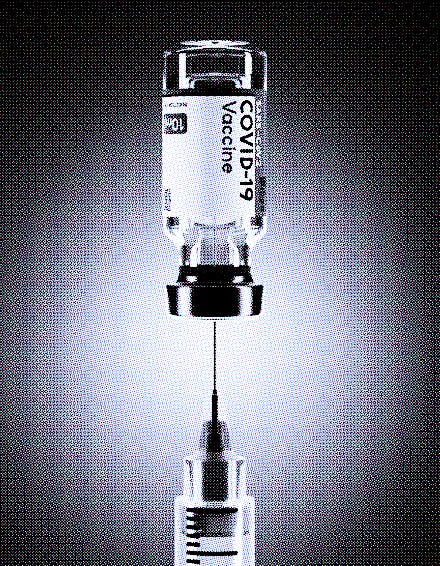It looks like we’ll be getting a COVID vaccine every year soon
America is trying a “new approach,” Biden said.

Even when the pandemic ends, the coronavirus itself isn’t going anywhere. It may, however, be viewed like the flu: still potentially deadly, yes, but with mechanisms in place to prevent another massive outbreak. In a huge step towards that future, the Biden administration announced there may soon be an annual coronavirus vaccine.
This week, the Biden administration rolled out the new updated coronavirus boosters, which offer protection from the original COVID-19 strain and the Omicron variant. In a statement, Biden said, “We are launching a new vaccine — our first in almost two years — with a new approach. For most Americans, that means one COVID-19 shot, once a year, each fall.”
Right now, the United States has authorized updated boosters from Pfizer and Moderna. Both updated boosters require you received your initial vaccination or booster at least two months ago. Additionally, Pfizer is authorized for anyone 12 and older, but for Moderna, you have to be at least 18.
“As the virus continues to change, we will now be able to update our vaccines annually to target the dominant variant,” Biden added. “Just like your annual flu shot, you should get it sometime between Labor Day and Halloween.”
Biden isn’t the only one hopeful about the U.S.’s path. During a White House press briefing on Tuesday, Anthony Fauci, Biden’s chief medical adviser who also heads the National Institute of Allergy and Infectious Diseases, said, “It is becoming increasingly clear that ... in the absence of a dramatically different variant, we likely are moving toward a path with a vaccination cadence similar to that of the annual influenza vaccine.”
However, some health care professionals are expressing caution. On Twitter, Eric Topol, founder and director of the Scripps Research Translational Institute, wrote, “I don't see any evidence for how an annual COVID shot will provide durable protection (current ones wane after 4-6 months) without better vaccines, such as variant-proof, improved nanoparticles, and nasal.”
Recently, China and India approved nasal coronavirus vaccines. Regarding the approvals, Marty Moore, co-founder of Meissa Vaccines in Redwood City, California, which is developing a nasal COVID-19 immunization, told Nature, “That’s the direction we need to go globally, and the United States needs to catch up.”
But as of now, the U.S. is still struggling to get Americans to stay on top of their vaccinations. CDC data shows that while 67% of the population is considered fully vaccinated, only 33% of people have received a booster dose.